The Power of Connection: Why Group Therapy Works
Discover why group therapy is effective and explore different types of group therapy that foster healing through shared experiences.
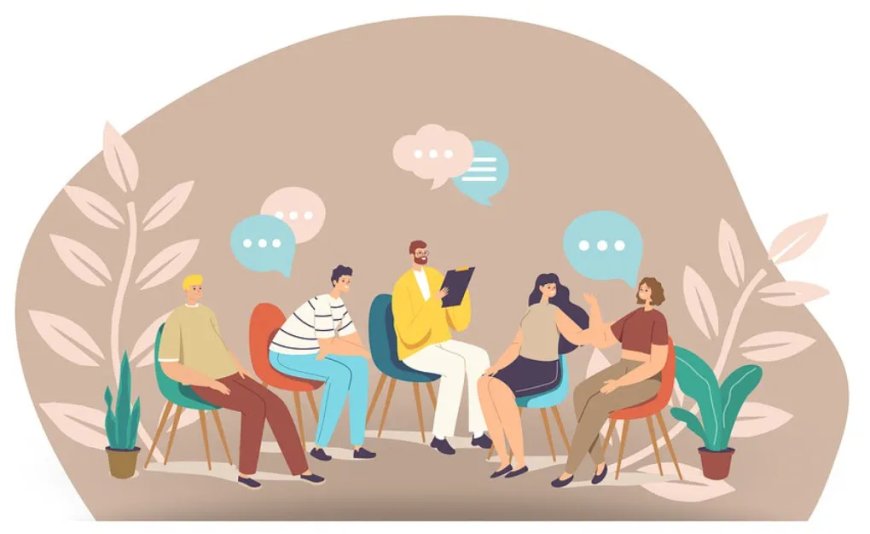
Introduction
Ever felt like no one truly gets what you're going through? You're not alone—literally. Imagine walking into a room and seeing faces that nod with understanding as you speak. That’s the essence of group therapy. It’s a place where people come together, not just to heal but to help each other heal. It’s not about sitting in a circle and airing your problems—well, not just that. It’s about building connections, breaking isolation, and learning from others who are walking similar paths.
In this article, we’re diving deep into the power of connection and exploring why group therapy works. We'll look at the different types of group therapy, how they function, and why they might be exactly what someone needs. Whether you’re considering it for yourself or someone you care about, this guide is a helpful place to start.
What Is Group Therapy?
Group therapy is a form of psychotherapy where a small group of people meets regularly to talk, listen, and support each other under the guidance of a trained therapist. Instead of one-on-one sessions, it’s a shared space where healing happens collectively. Think of it as emotional teamwork.
Why Connection Heals: The Science Behind It
Humans are social creatures. Studies in neuroscience show that feeling connected can reduce stress, ease depression, and even improve physical health. When you share your story and see someone else nodding, it tells your brain, “I’m not alone.” That sense of belonging can be more therapeutic than any pill.
Types of Group Therapy
There’s no one-size-fits-all. Just like there are different types of shoes for different paths, types of group therapy are tailored to specific needs. Here are some of the most common:
-
Cognitive Behavioral Groups (CBT Groups): These focus on identifying and changing unhelpful thought patterns.
-
Interpersonal Groups: Here, the goal is to improve relationship skills and social interactions.
-
Psychoeducational Groups: These teach coping strategies and information about mental health conditions.
-
Support Groups: Often peer-led, these provide emotional backing for people dealing with similar issues like grief, addiction, or illness.
-
Process-Oriented Groups: Emphasize exploring emotions and building insight through interactions.
-
Skills Development Groups: Help individuals build practical skills for handling life and stress.
Support Groups vs. Therapy Groups
This can be confusing. So here’s a breakdown:
-
Support Groups are often less formal and may not involve a licensed therapist. The focus is emotional support from peers.
-
Therapy Groups are guided by trained professionals and often follow specific therapeutic models.
Both are valuable, but they serve different purposes.
Benefits of Group Therapy
The gains are numerous:
-
Shared Experience: Knowing you’re not alone is powerful.
-
Diverse Perspectives: Hear how others cope with similar issues.
-
Accountability: Group members help you stay on track.
-
Cost-Effective: Often cheaper than individual therapy.
-
Safe Environment: A non-judgmental space to express yourself.
It’s like walking through a dark tunnel with a group holding flashlights—you’re still in the tunnel, but you can see more clearly.
Common Myths About Group Therapy
Let’s bust a few:
-
“I’ll be forced to talk.” Nope. You speak when you're ready.
-
“It’s just complaining.” Actually, it’s structured and goal-oriented.
-
“People will judge me.” Groups thrive on empathy and respect.
Most people walk away pleasantly surprised after their first session.
How Group Therapy Sessions Work
Sessions typically last 60–90 minutes and meet weekly. They may be open (new members can join anytime) or closed (same group for a set time). A facilitator guides the discussion, ensures safety, and keeps things on track. You might discuss specific topics, share updates, or engage in exercises.
Who Leads Group Therapy?
Facilitators can be psychologists, licensed counselors, social workers, or therapists trained in group dynamics. Their job is not to dominate the conversation but to create a safe space where meaningful interaction happens.
Who Can Benefit from Group Therapy?
Pretty much anyone, but especially:
-
People with depression, anxiety, or PTSD
-
Those battling addiction or in recovery
-
Individuals dealing with grief or chronic illness
-
Teens and adults working on self-esteem or relationship issues
If you’ve ever said, “I don’t think anyone would understand,” group therapy is where you’ll likely be proven wrong.
Challenges You Might Face
Let’s be real—it’s not always easy:
-
Opening up can be scary.
-
Listening to others' pain may be triggering.
-
Group dynamics can get complicated.
But these challenges often become stepping stones. What starts as discomfort often turns into growth.
How to Choose the Right Group
Ask yourself:
-
What are my goals?
-
Do I want peer support or professional guidance?
-
Am I comfortable in large groups or prefer small ones?
Consult a therapist for recommendations, or look for groups through local clinics, hospitals, or online platforms.
Online vs. In-Person Group Therapy
Technology has expanded access:
-
Online Groups: Great for convenience, anonymity, and accessibility.
-
In-Person Groups: Offer deeper connection through face-to-face interaction.
Both can be effective—it depends on what makes you feel most supported.
Success Stories: Real People, Real Results
One woman shared how joining a grief group helped her laugh again after losing her partner. A young man battling anxiety found his voice in a CBT group and now leads meetings himself. These aren’t fairy tales—they’re proof that connection can be transformational.
Tips for Making the Most of Group Therapy
-
Be open, but set your pace.
-
Listen as much as you speak.
-
Respect everyone’s space and story.
-
Follow the group rules.
-
Apply what you learn outside the group.
You get out what you put in.
Conclusion
In a world that often feels disconnected, group therapy is a reminder that we heal better together. It turns isolation into community, silence into stories, and pain into power. Whether you're looking for support, understanding, or change, there's a circle waiting for you.
FAQs
1. What are the main types of group therapy?
The main types include CBT groups, interpersonal groups, psychoeducational groups, support groups, process-oriented groups, and skills development groups.
2. How do I know if group therapy is right for me?
If you're seeking shared understanding, personal growth, or cost-effective therapy, group sessions might be a good fit. A therapist can help you decide.
3. Is group therapy as effective as individual therapy?
Yes, for many issues like anxiety, depression, or grief, group therapy can be just as effective—sometimes even more due to the peer support.
4. Can I attend both individual and group therapy?
Absolutely. Many people do both to get personalized help along with the benefits of group interaction.
5. Do I have to talk in group therapy?
No, you can participate at your own pace. Listening alone can be incredibly healing at the beginning.







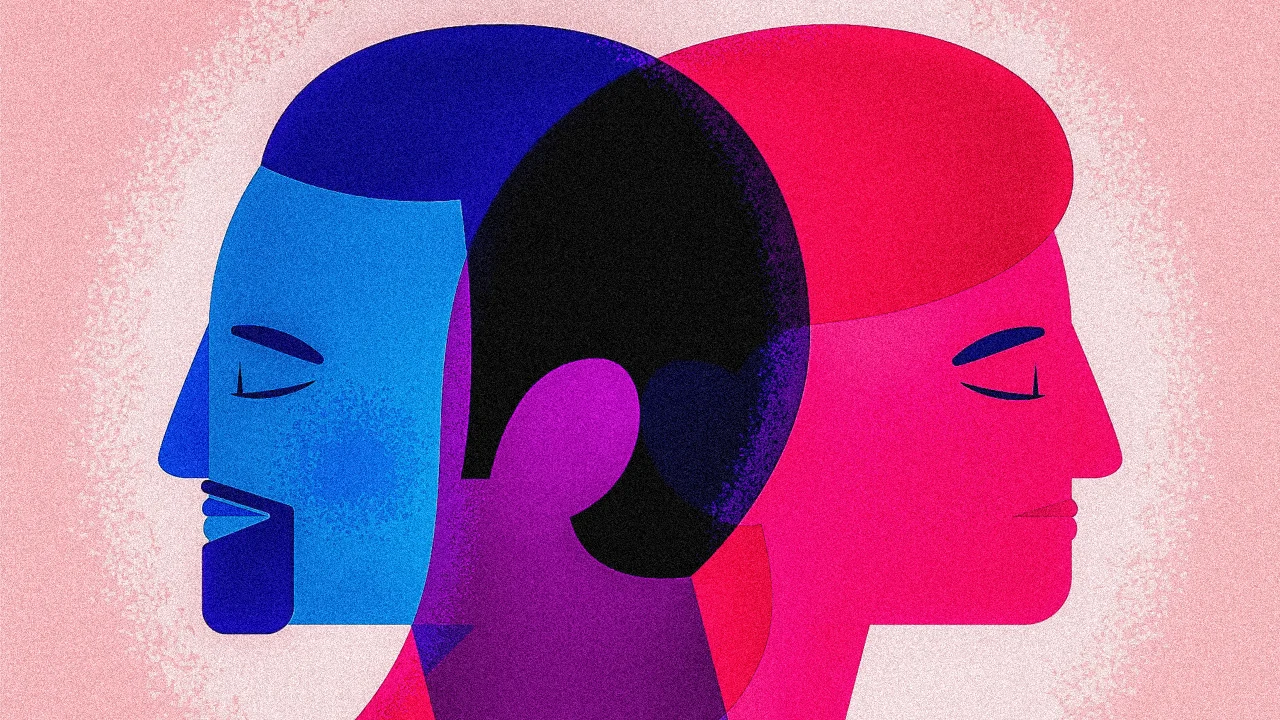
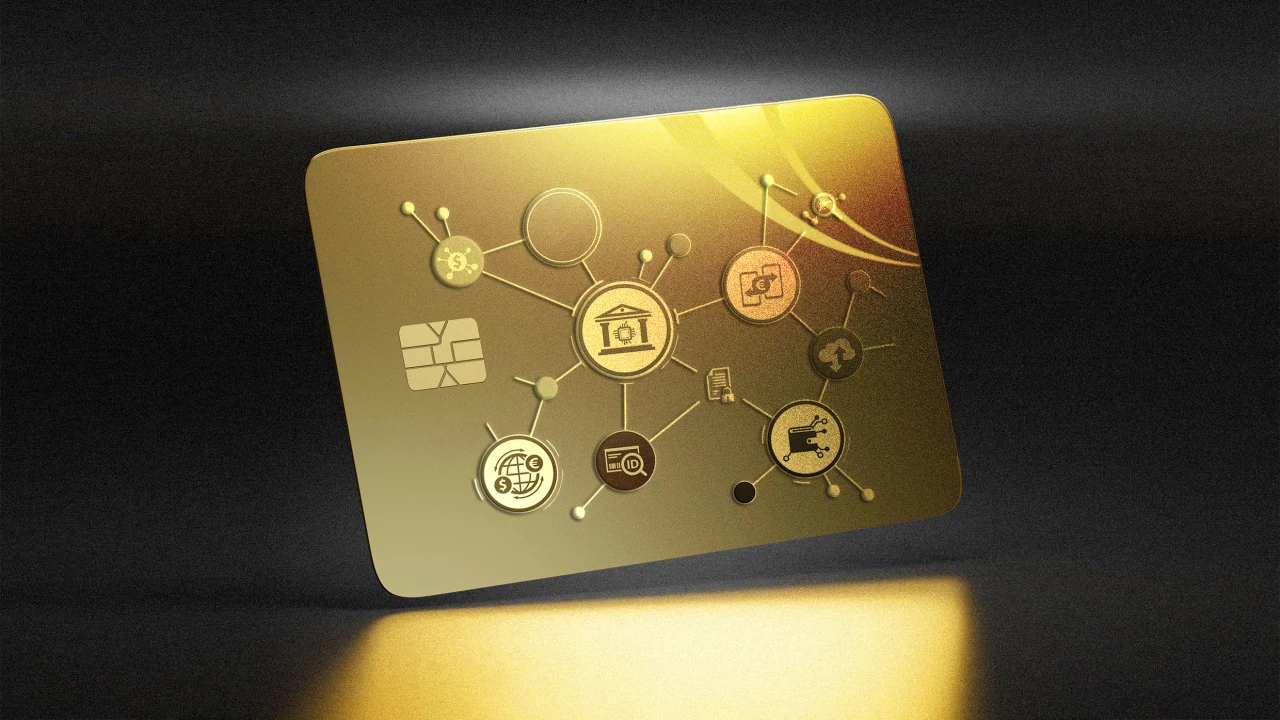
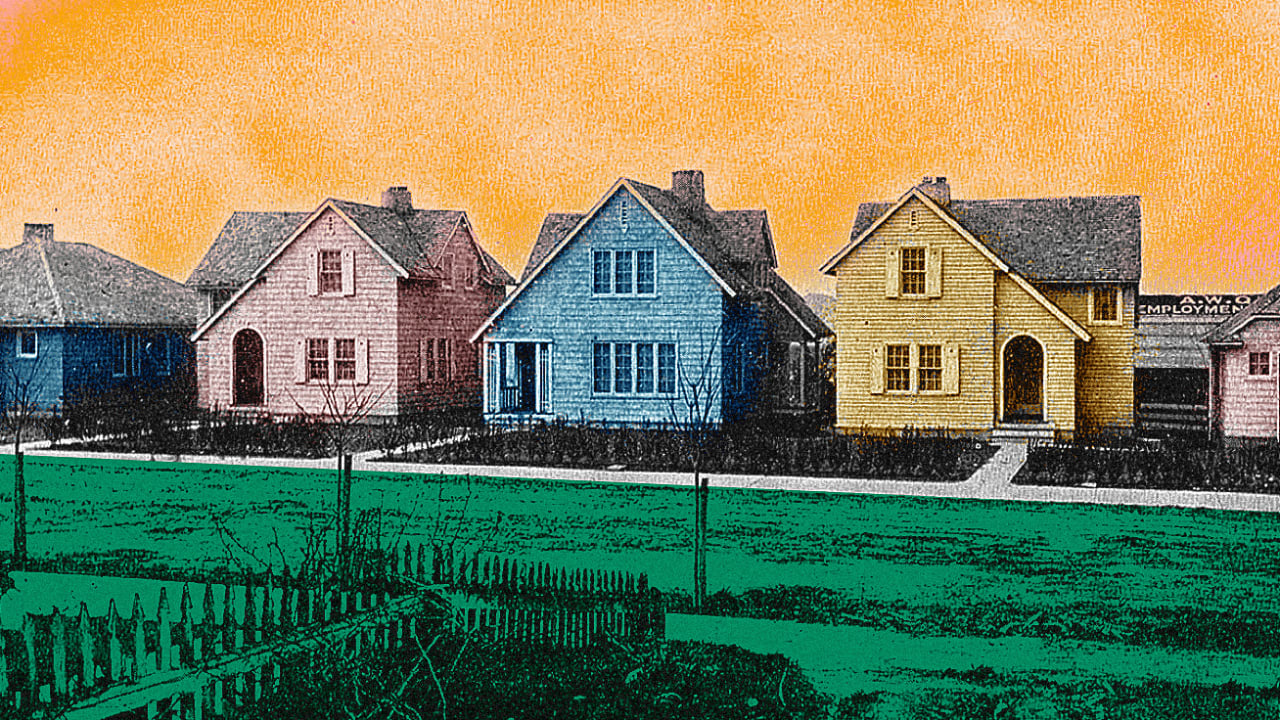













































































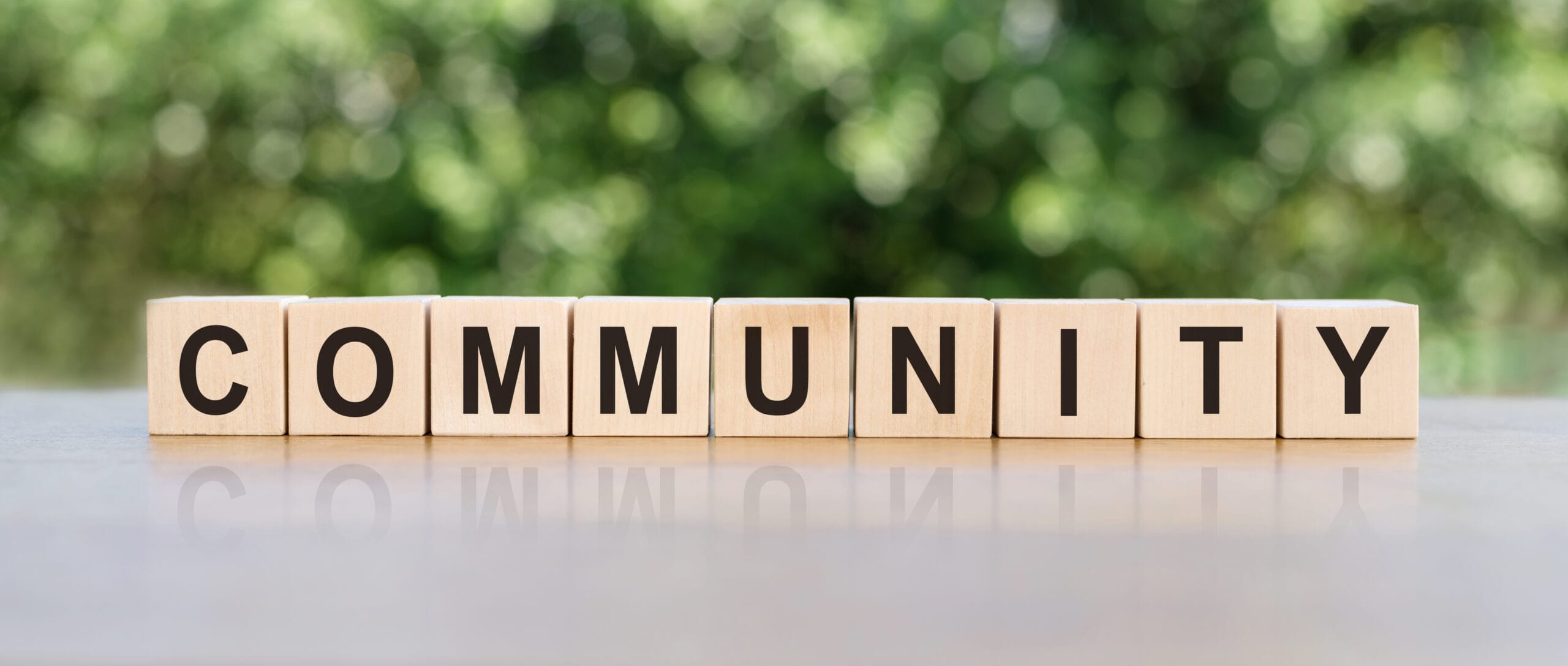

















![Building A Digital PR Strategy: 10 Essential Steps for Beginners [With Examples]](https://buzzsumo.com/wp-content/uploads/2023/09/Building-A-Digital-PR-Strategy-10-Essential-Steps-for-Beginners-With-Examples-bblog-masthead.jpg)















![How to Use GA4 to Track Social Media Traffic: 6 Questions, Answers and Insights [VIDEO]](https://www.orbitmedia.com/wp-content/uploads/2023/06/ab-testing.png)


































